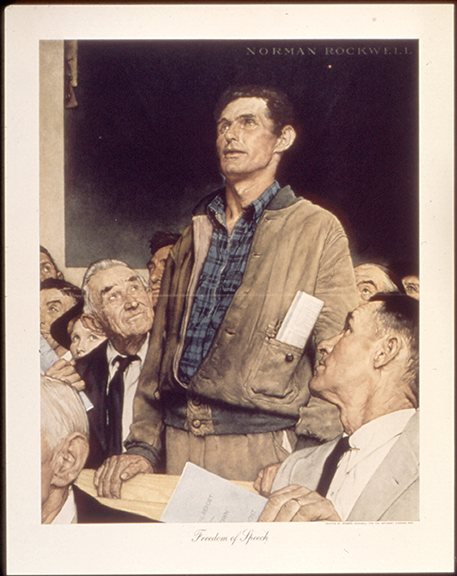Some people are afraid of freedom of speech. Some even think that disrespecting a political leader shouldn’t be legal. But there is a long history of freedom that opens the door to criticism about any leader or public figure. Take the Dec. 16, 2018 Saturday Night Live sketch that used the theme of “It’s a Wonderful Life” (a 1946 movie) to imagine the world if Trump had not won the 2016 presidential election.
In response, Trump tweeted:
Actually, as it turns out, it already has been tested, and rather frequently in fact. The “fair comment and criticism” defense against libel suits goes back for centuries. The freedom to criticize public officials has been a bedrock point of law since the founding of the country, reaffirmed many times in the courts, and it’s amazing and sad that Trump doesn’t seem to know one of the most basic and profound facts of American history.
All other presidents have been well aware of the nature of an open system that allows people to criticize them. It’s never been an issue before. The Washington Post noted that presidents since the 1970s have all been satirized by SNL, and until Trump, all of them found ways to accept comic criticism with grace and dignity.
But since Trump wanted to make it an issue, the response has been to affirm the idea that we can laugh, as much as we want, at any public figure, and as the National Review said, making fun of Trump “is absolutely legal.”
Of course, reaction to the Dec. 16 Trump tweet can only be described as a hurricane of derisive hilarity and a supreme holiday gift to the world’s comedians.
The United States has “a profound national commitment to the principle that debate on public issues should be uninhibited, robust, and wide‐open, and that it may well include vehement, caustic, and sometimes unpleasantly sharp attacks on government and public officials.”


